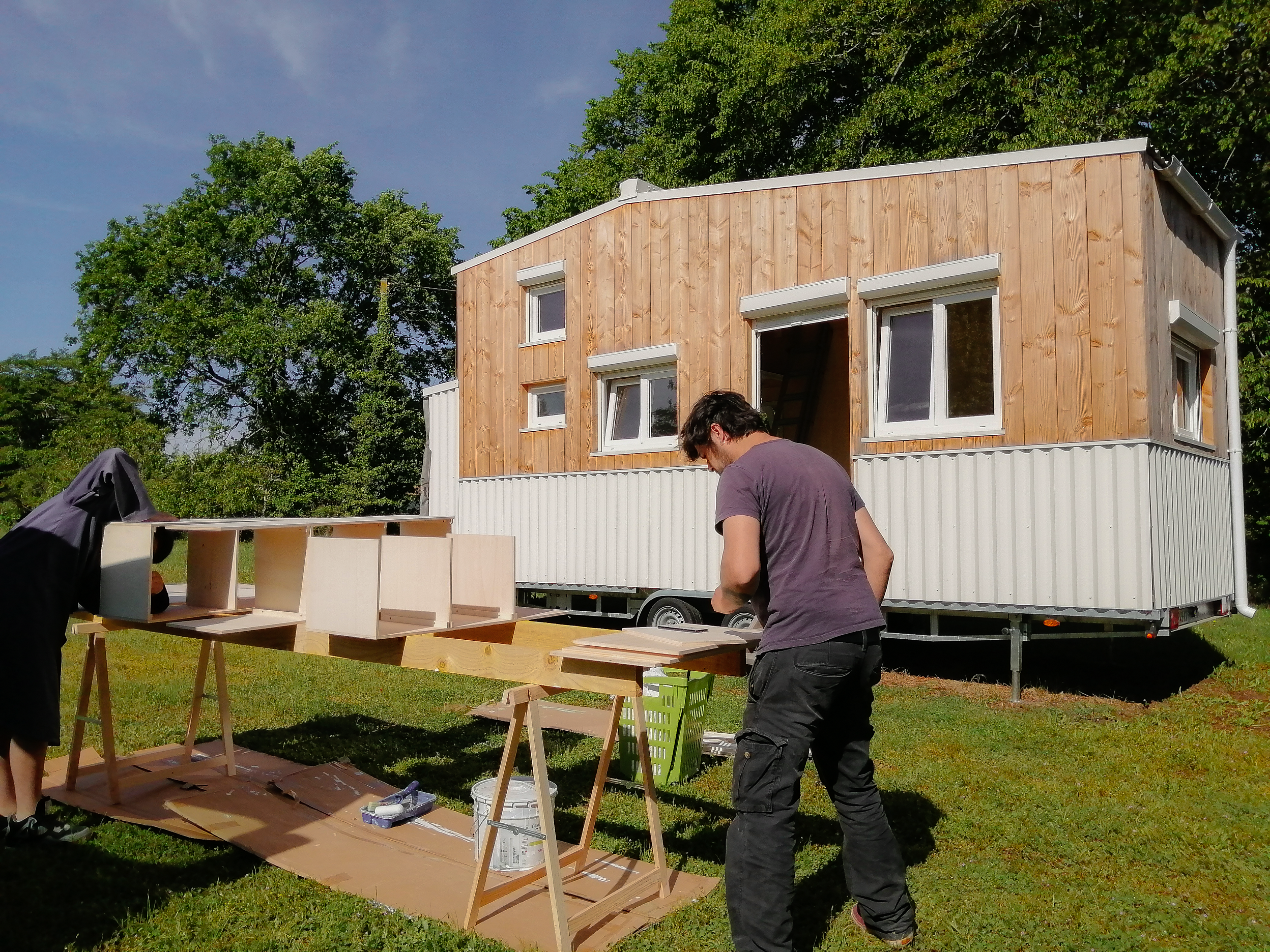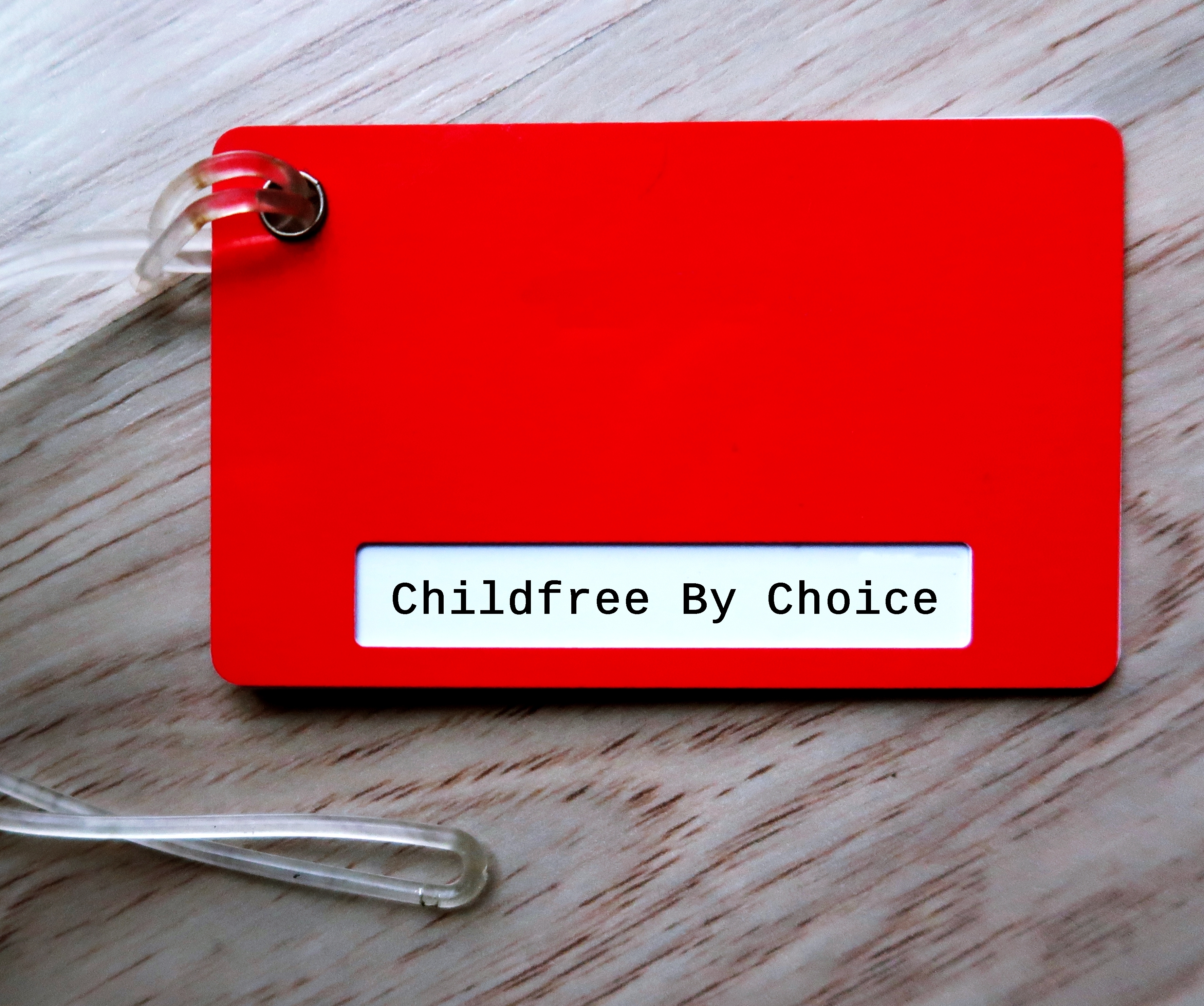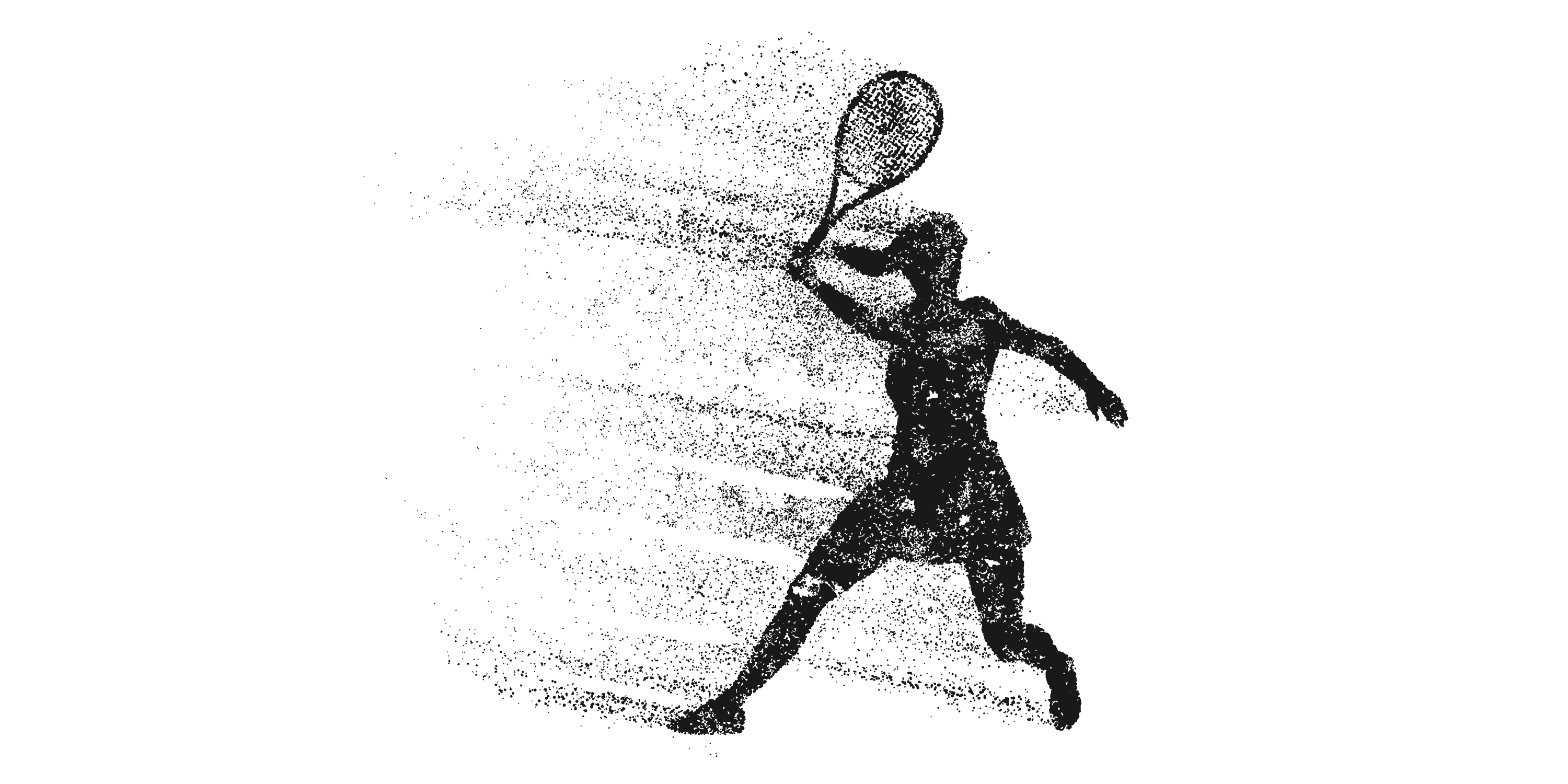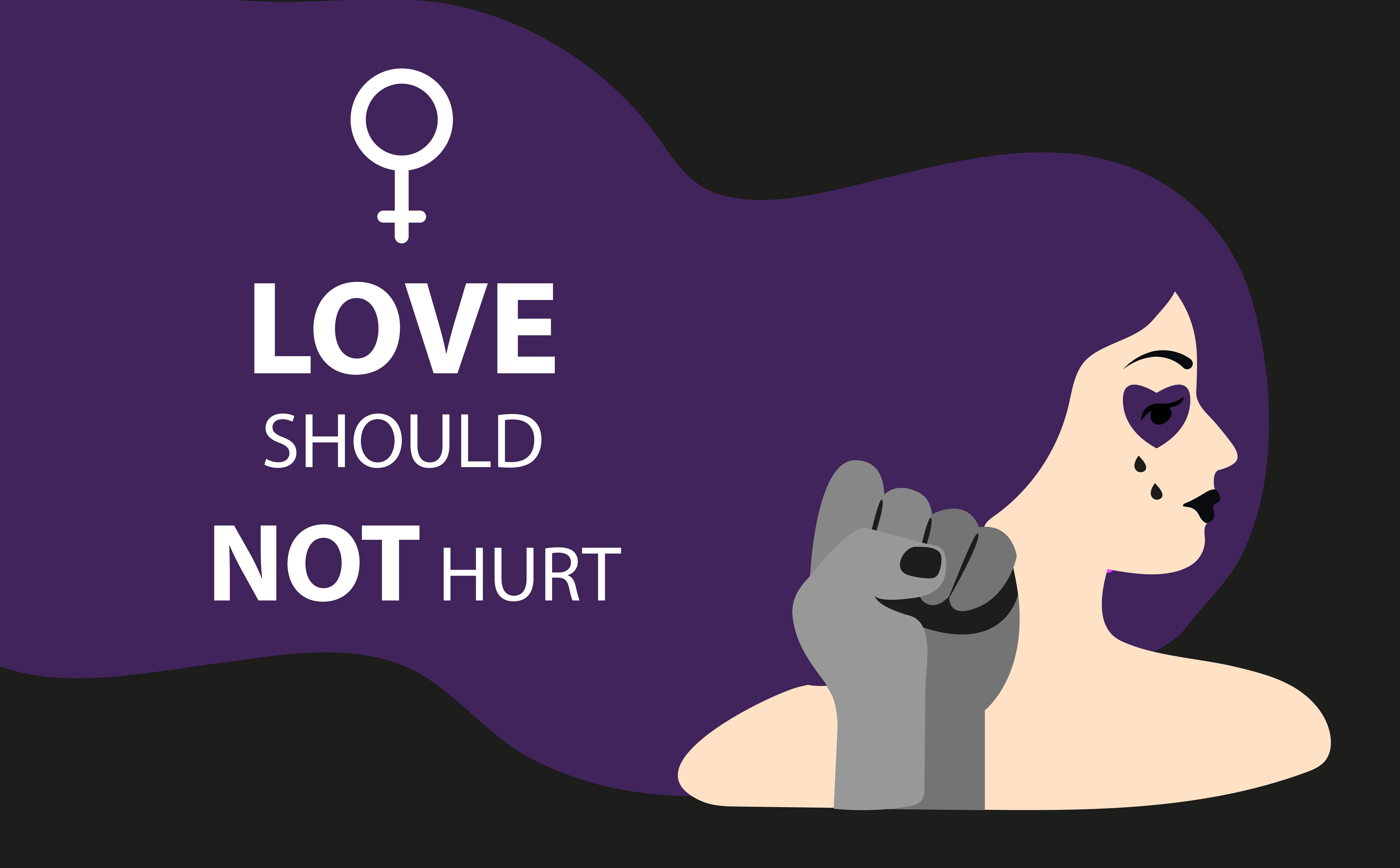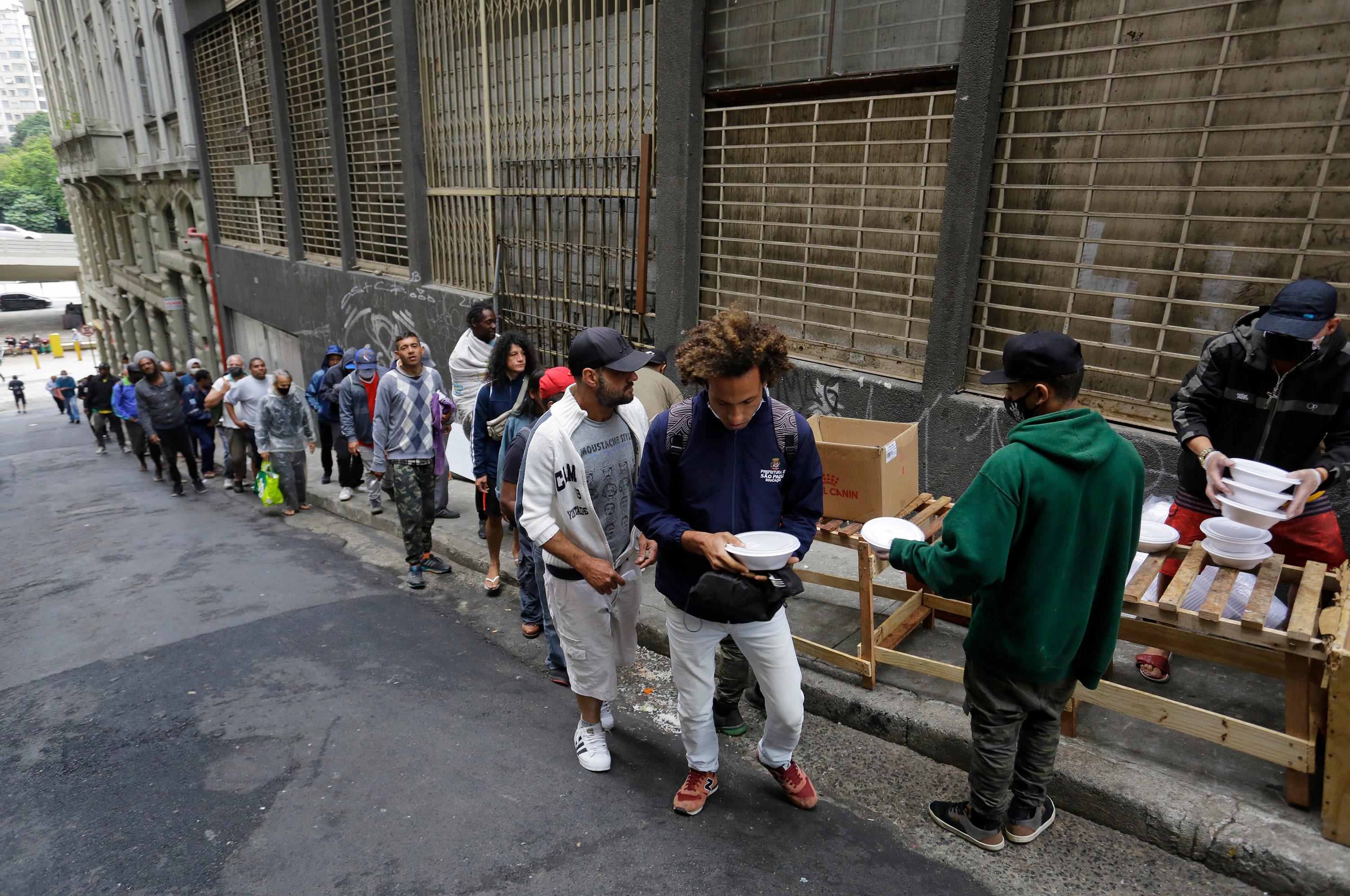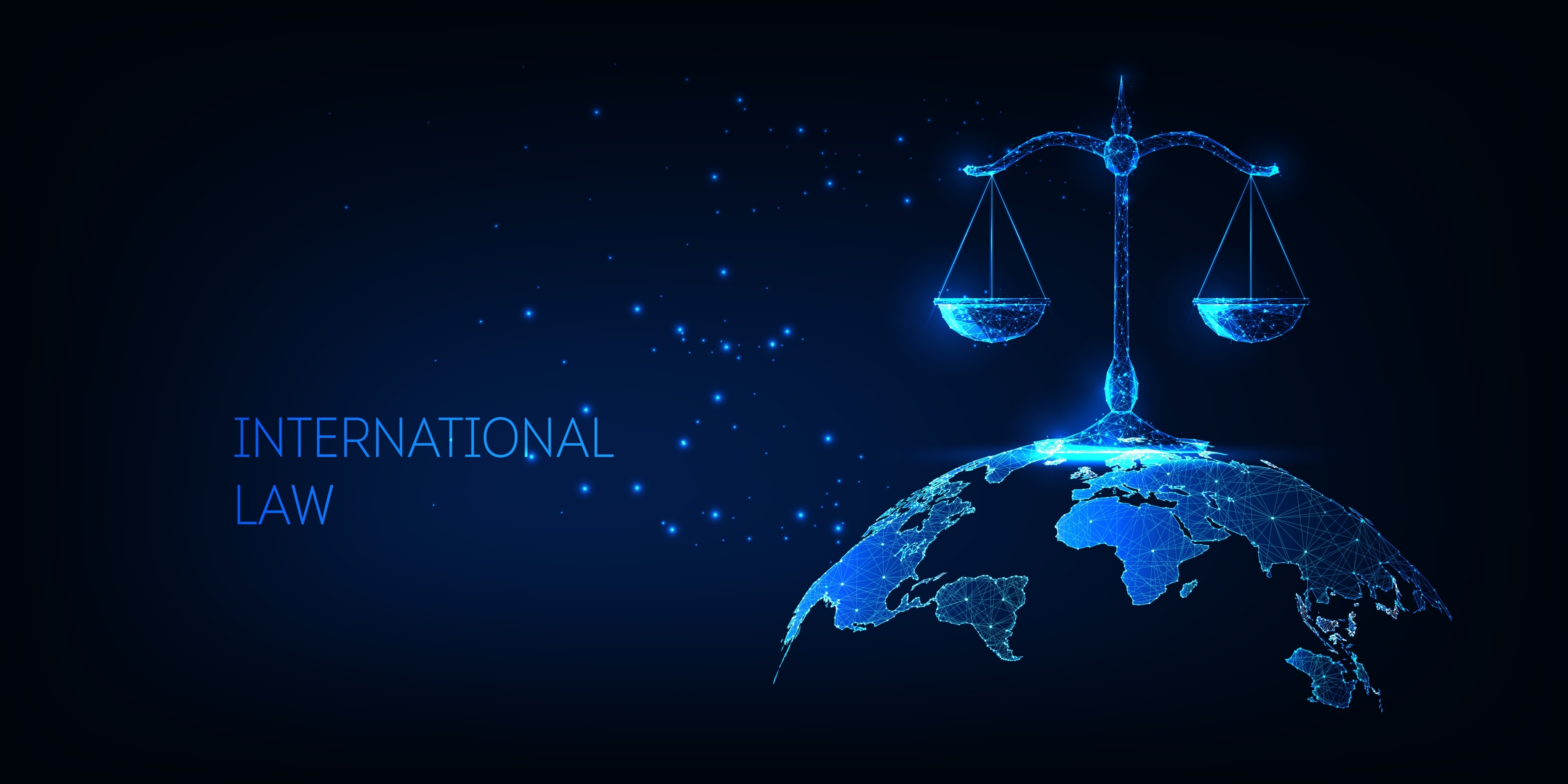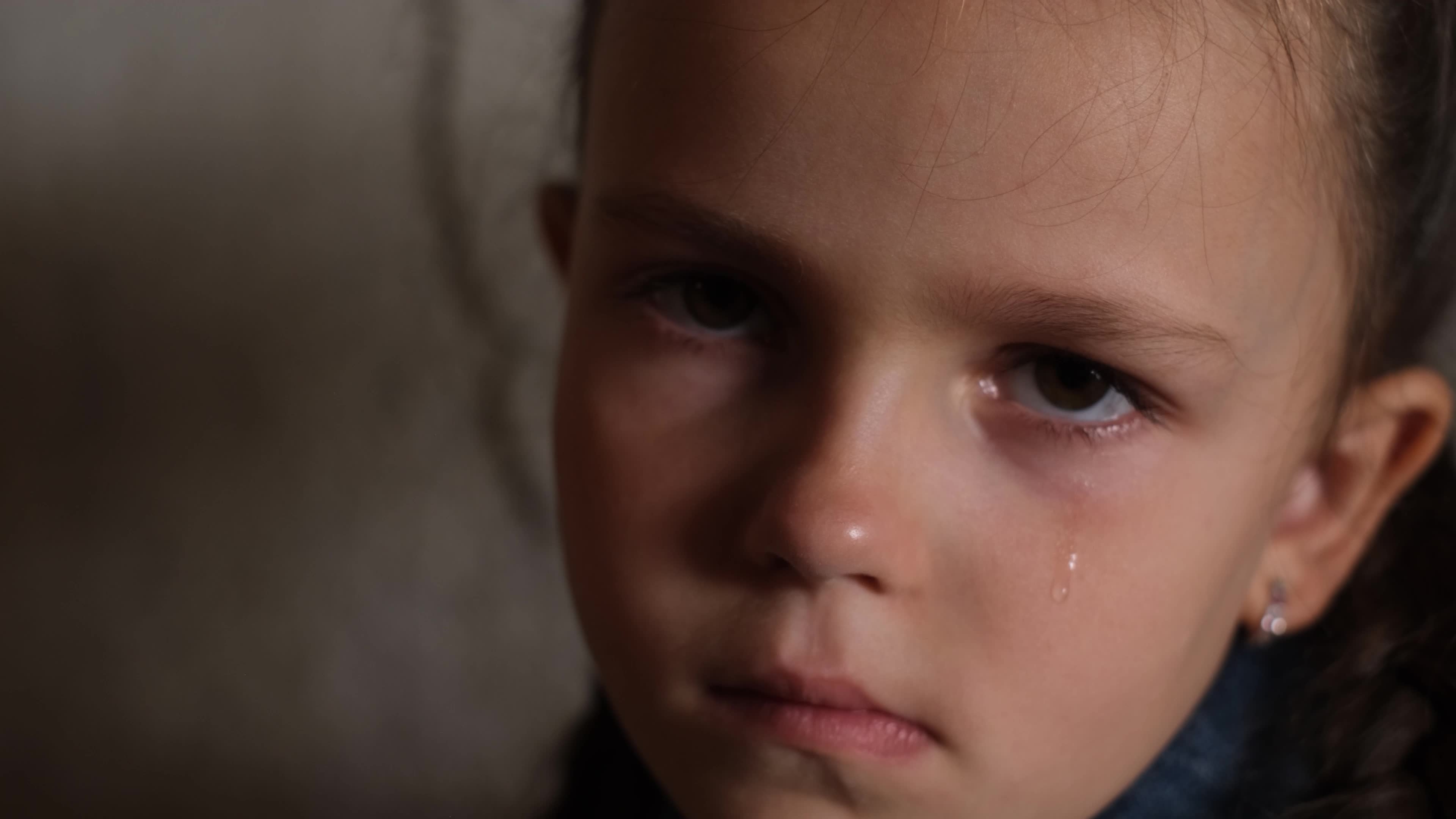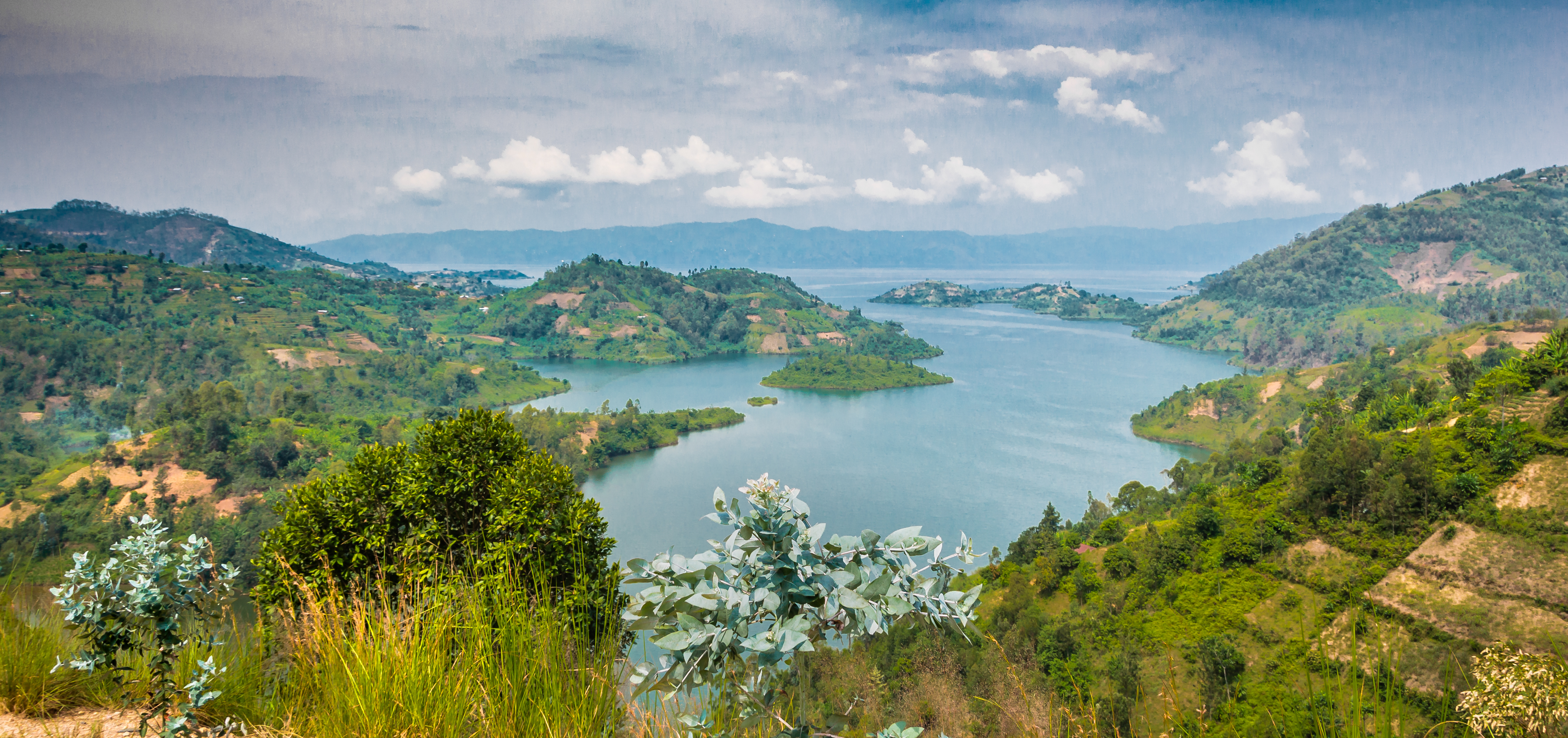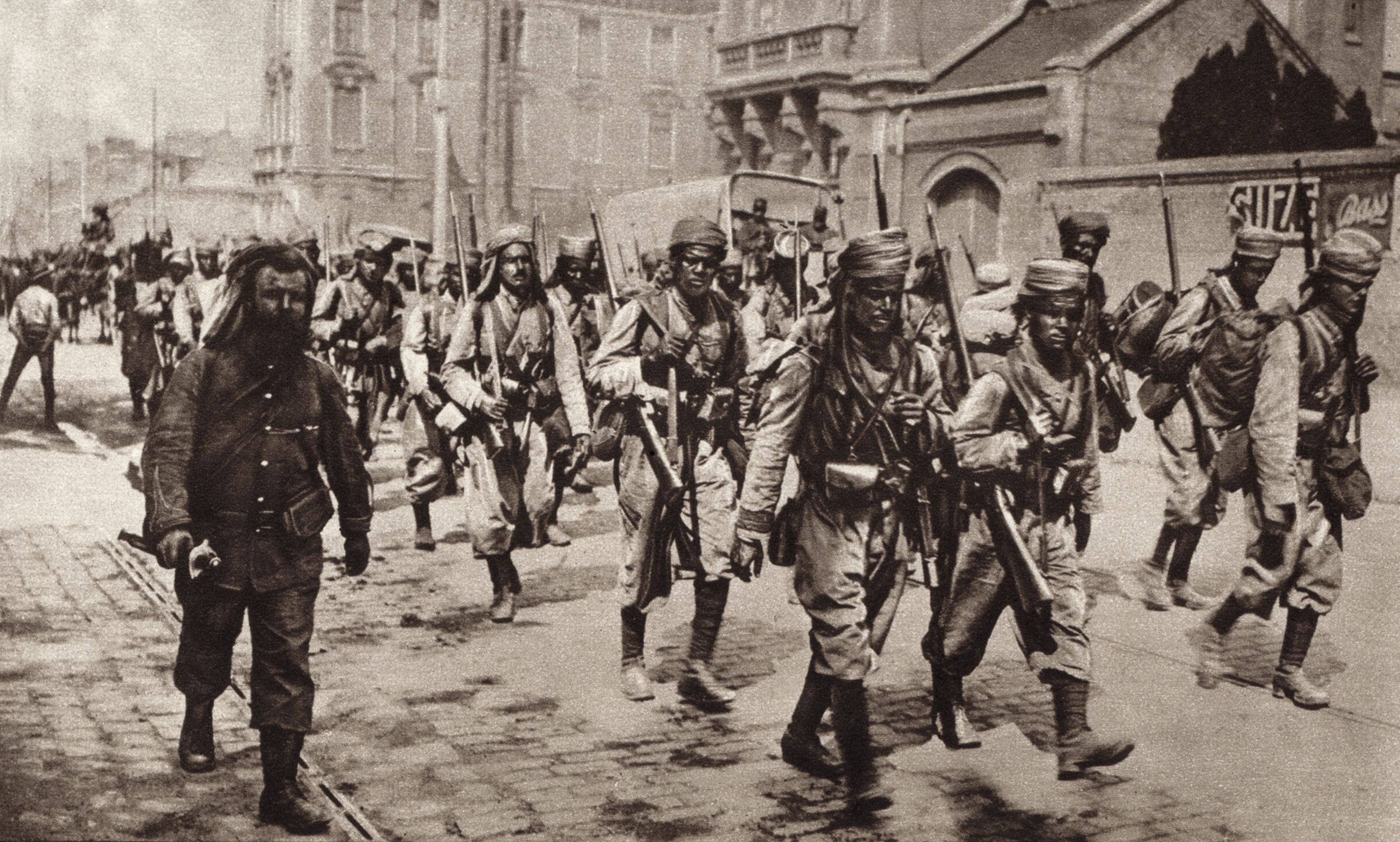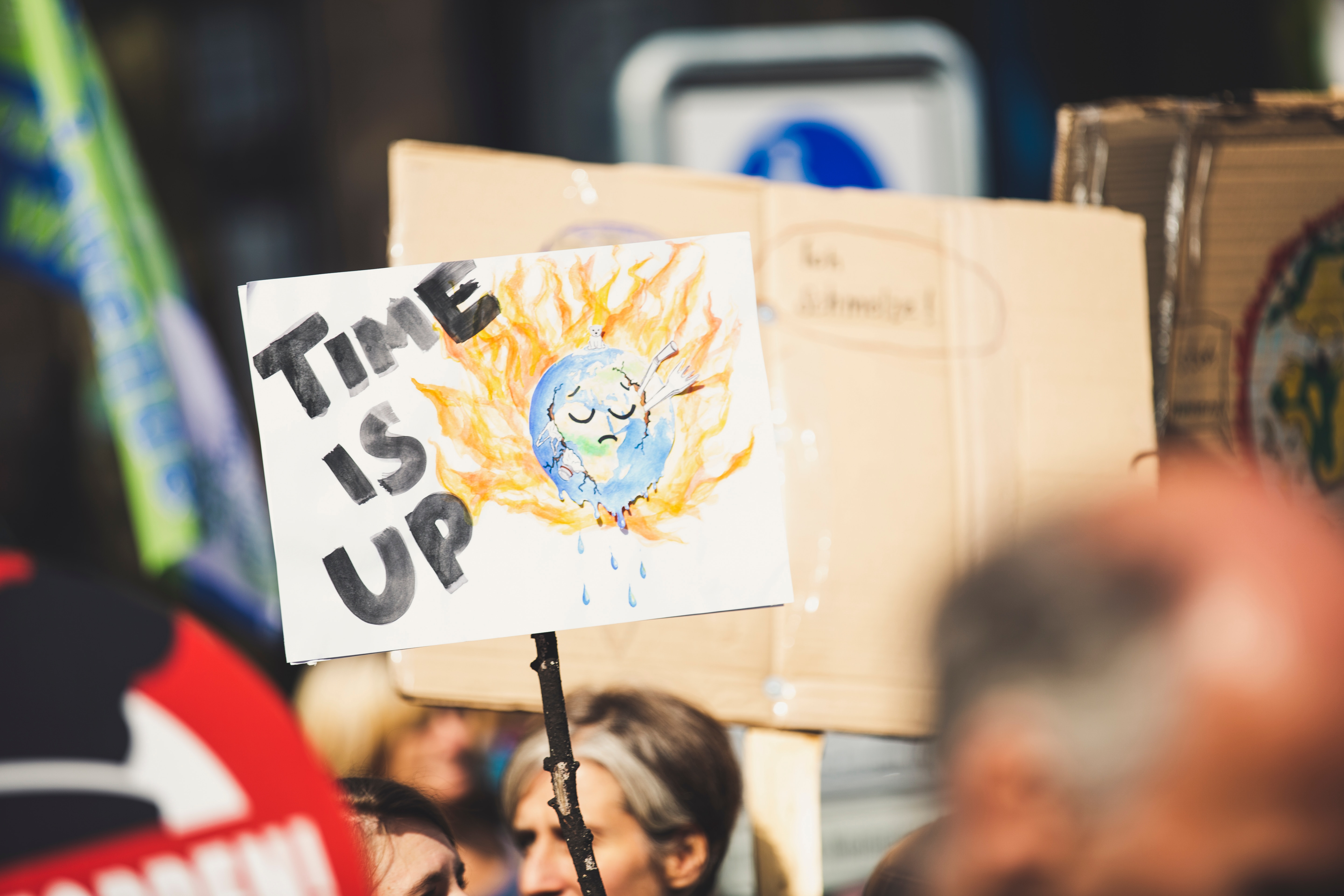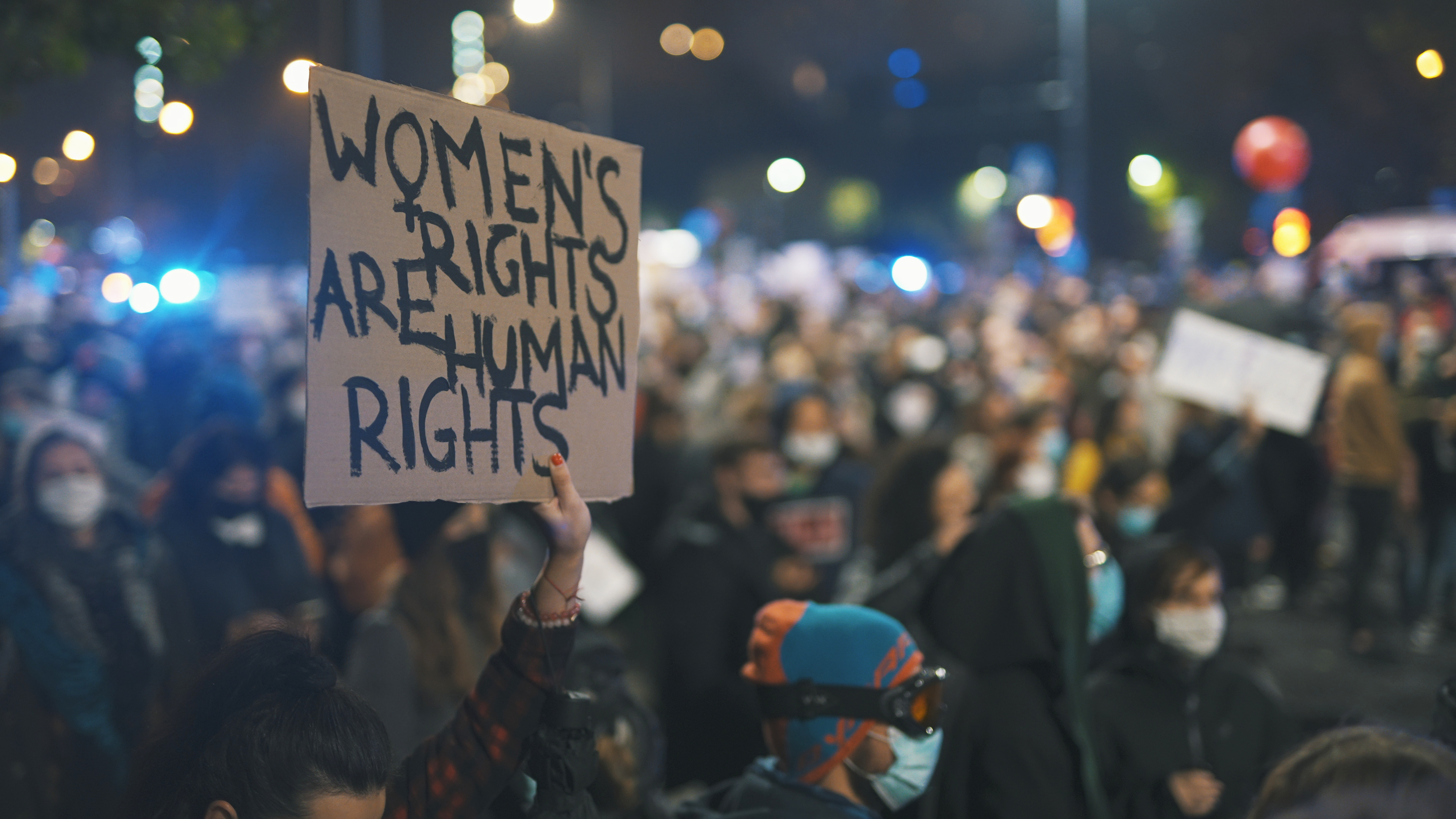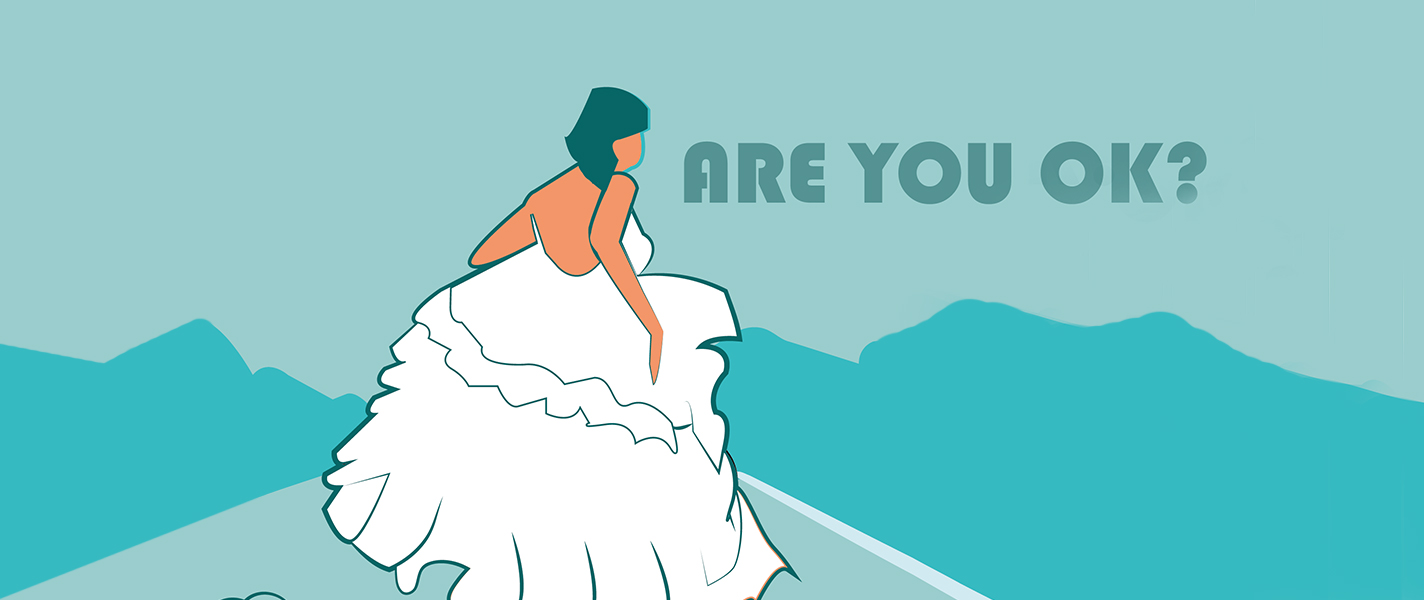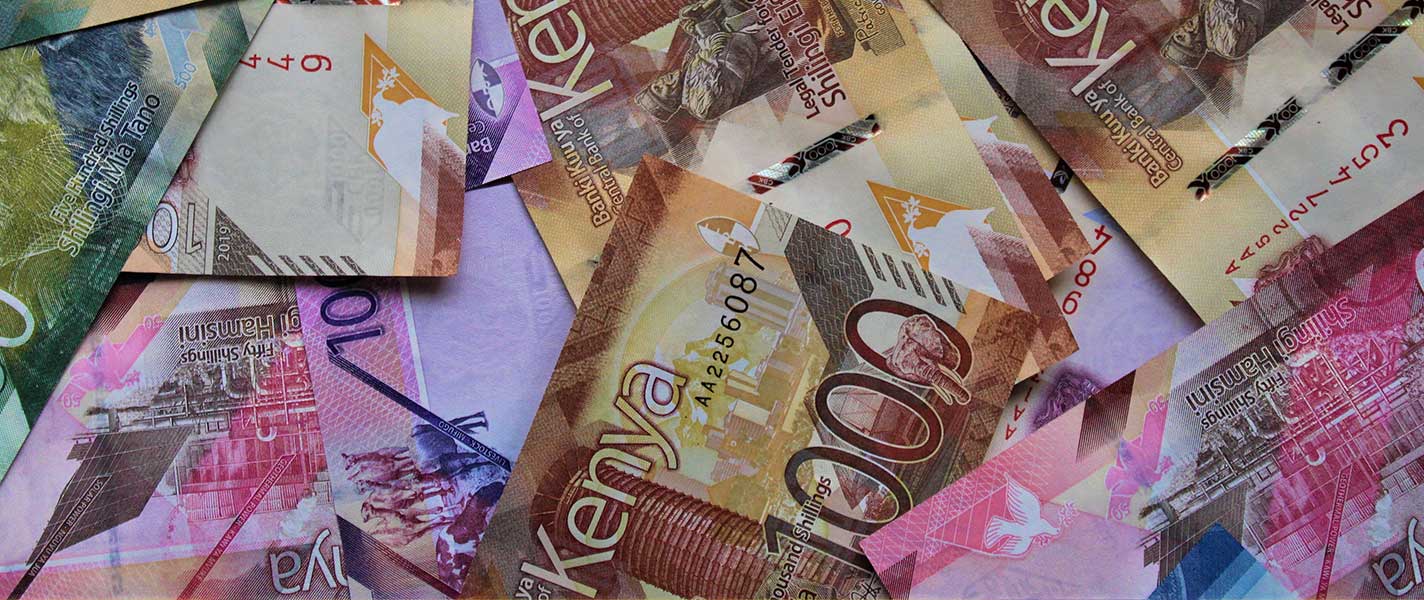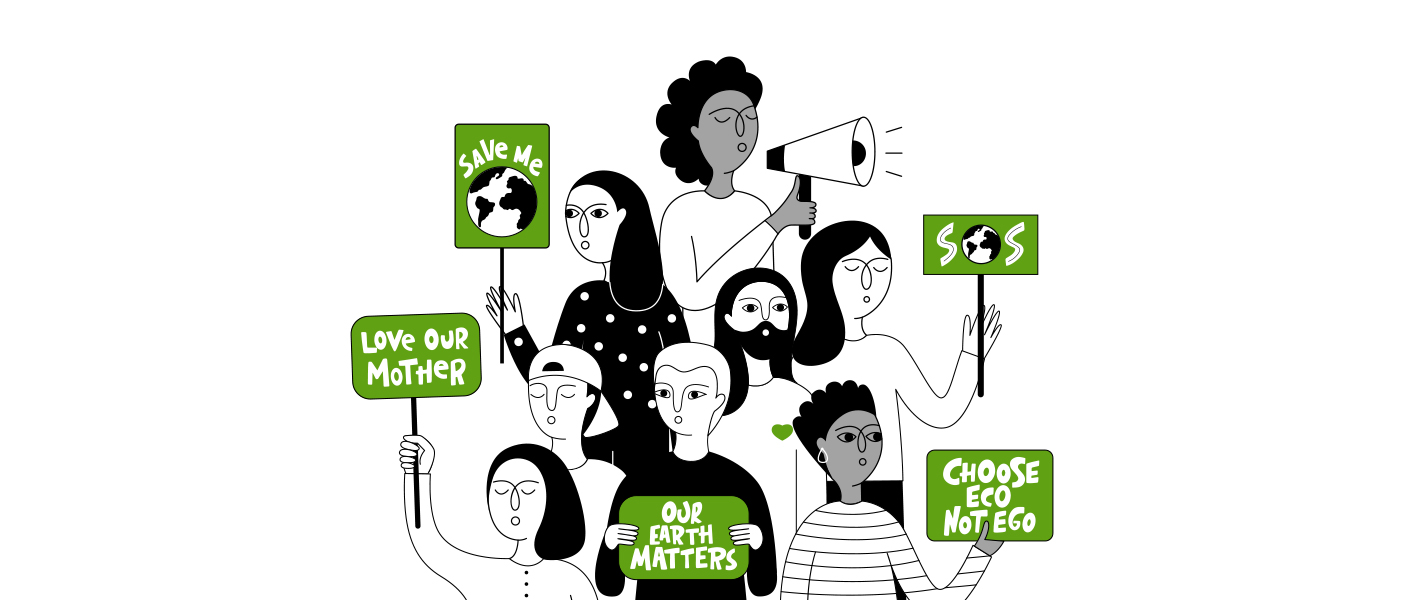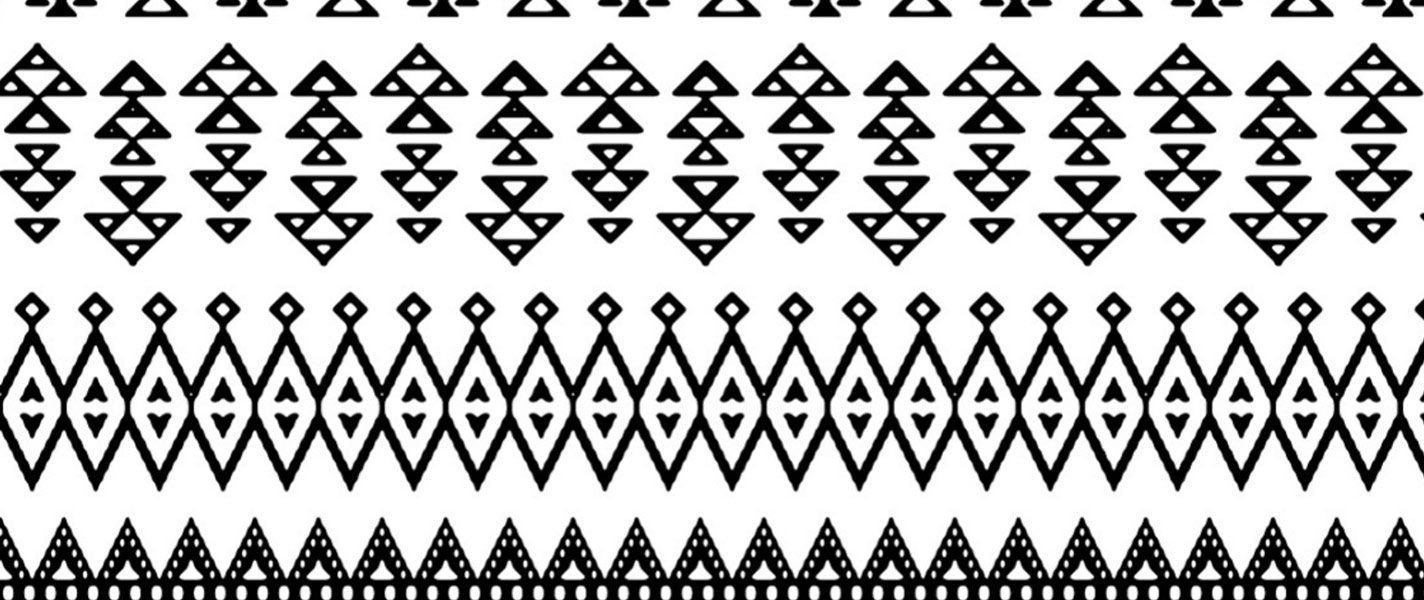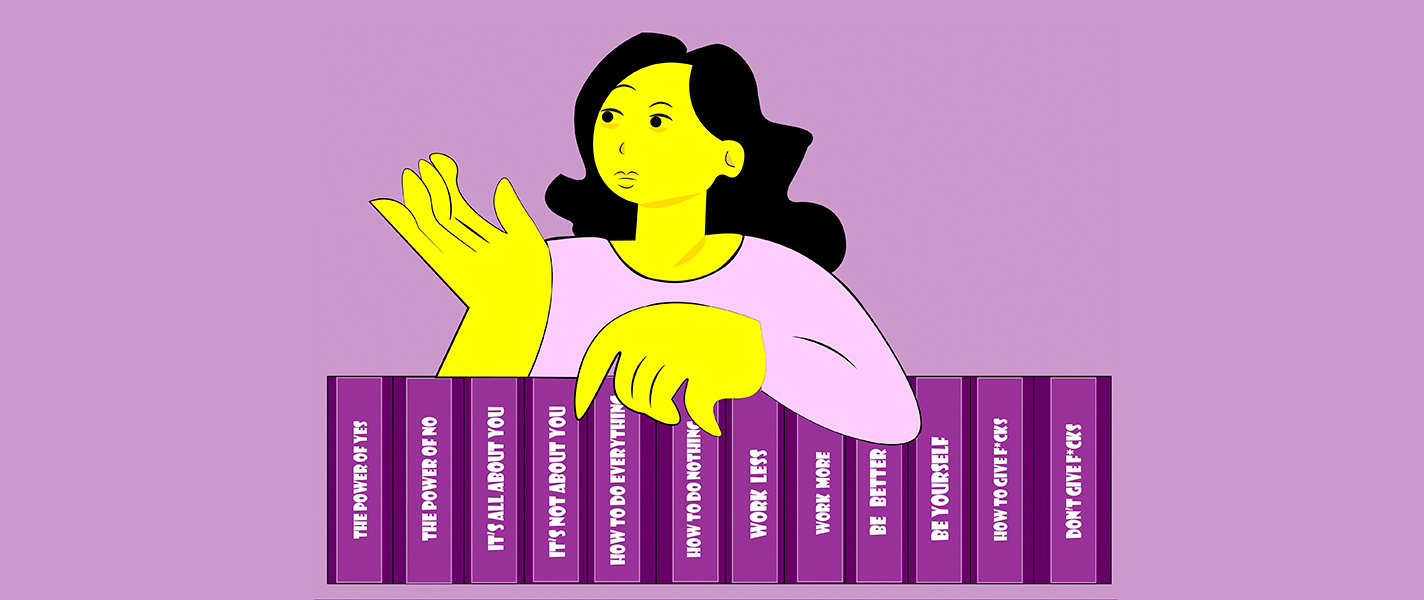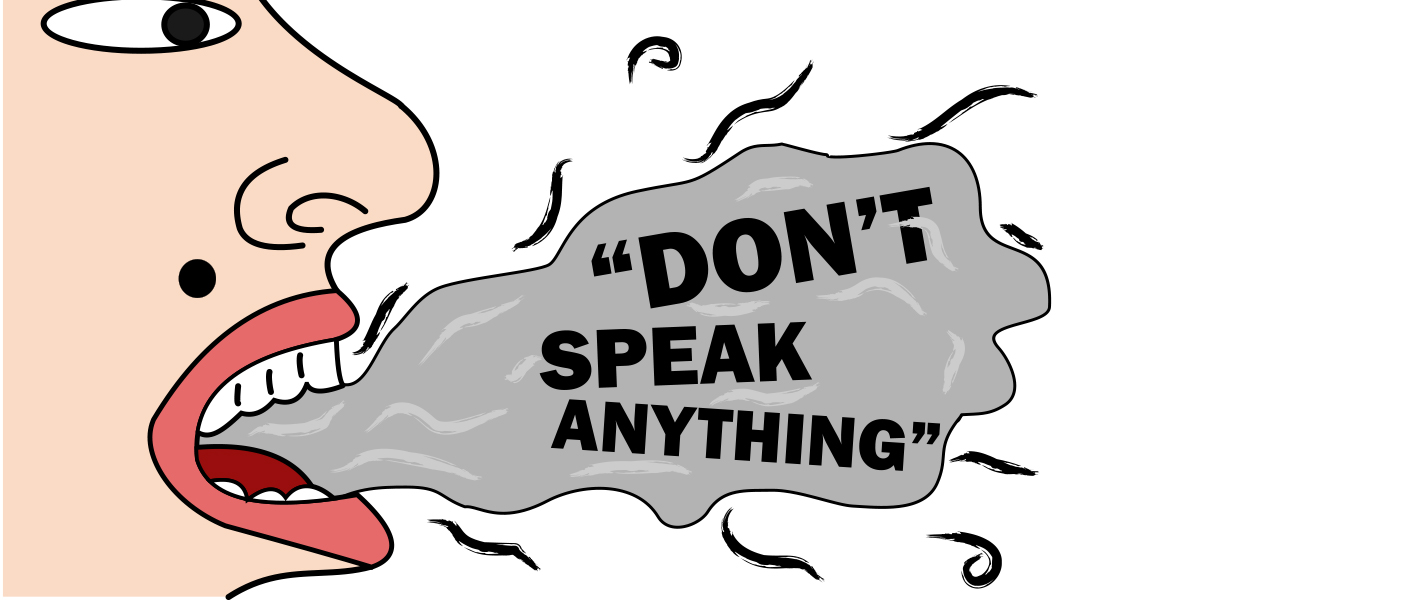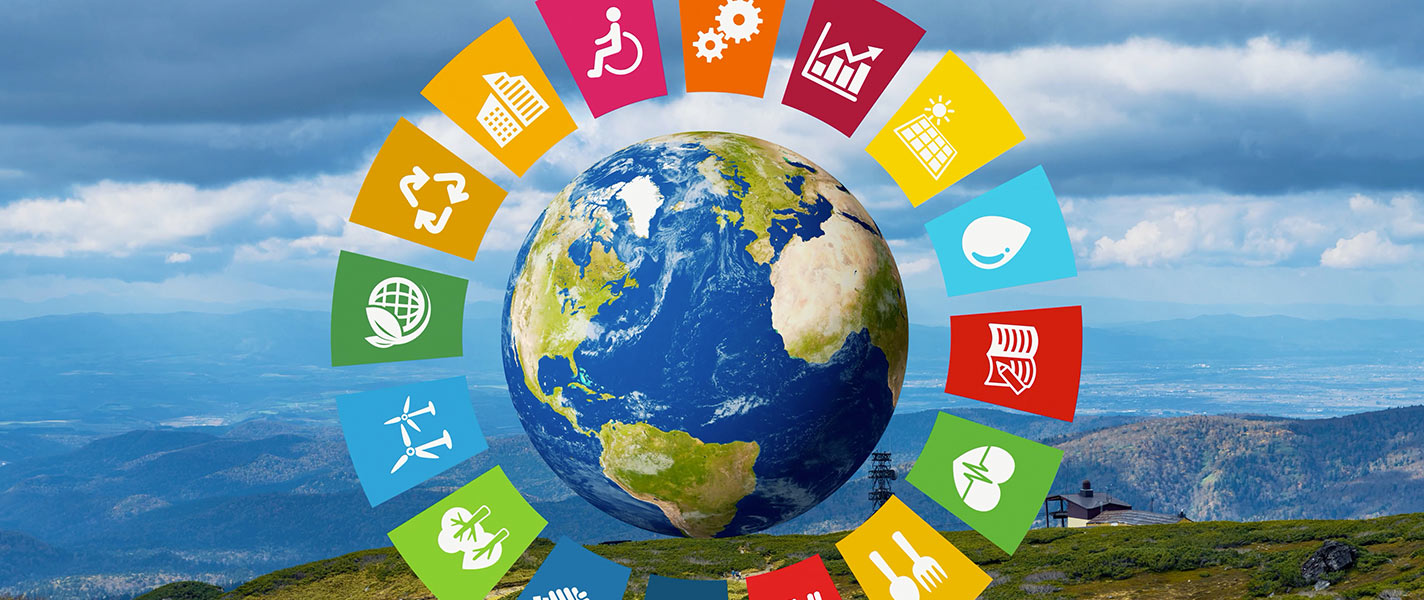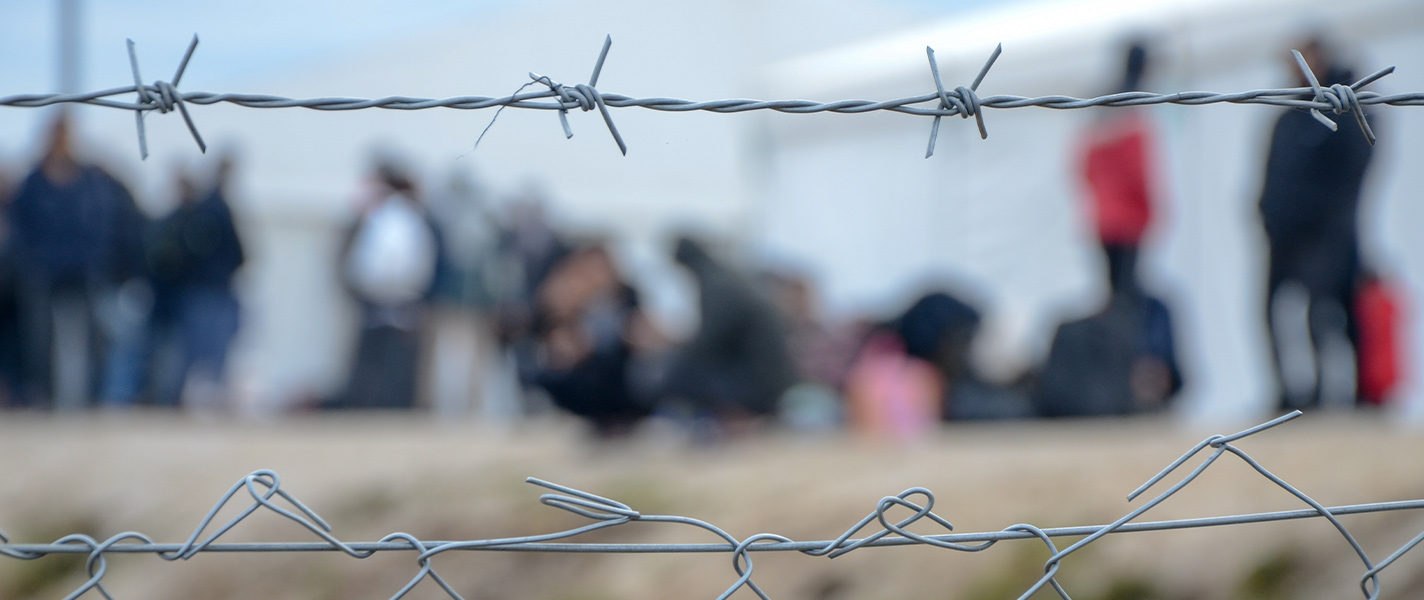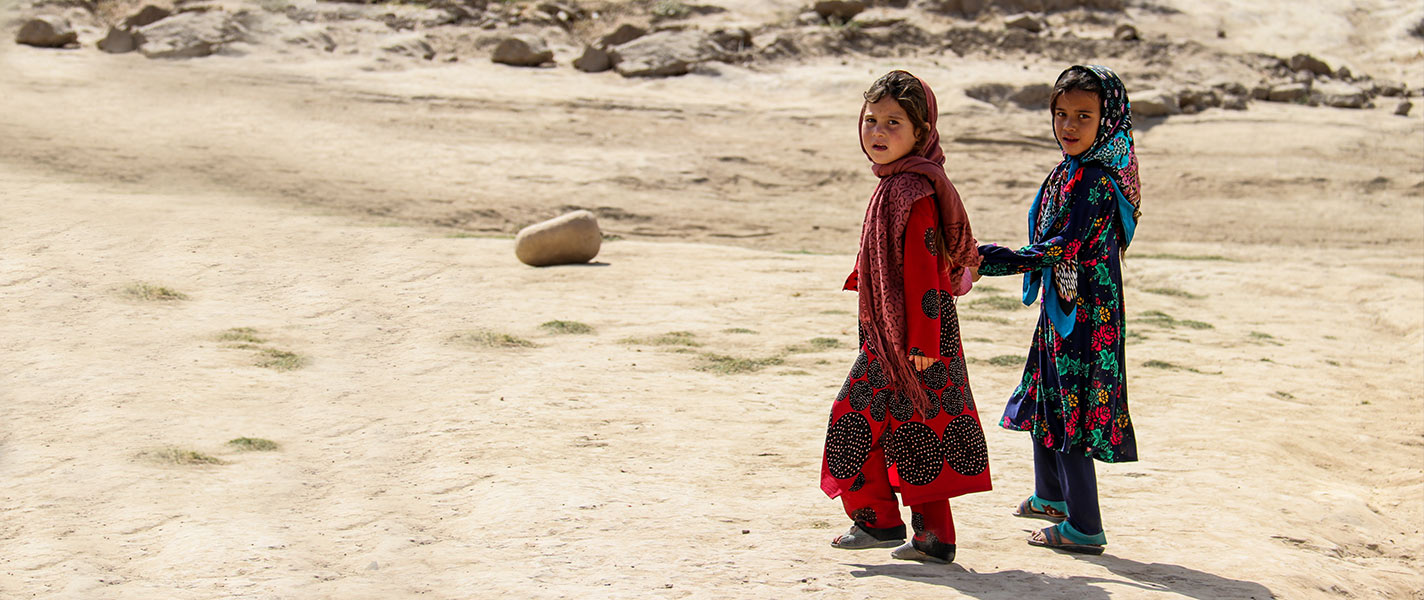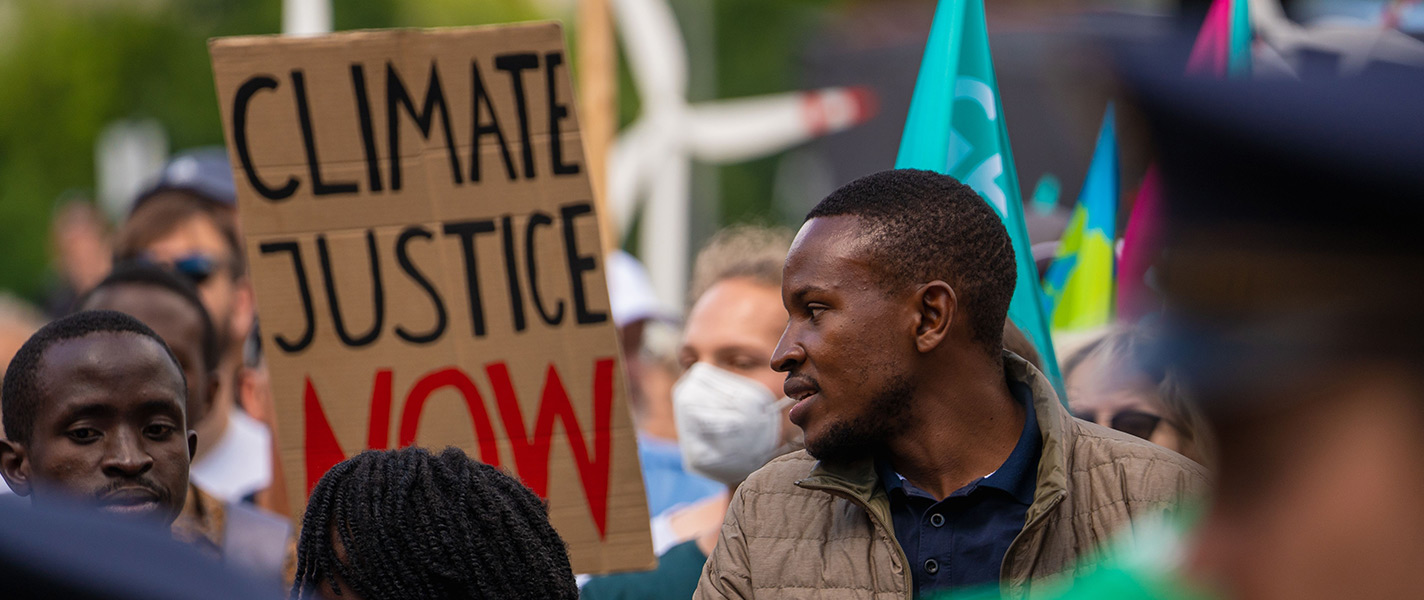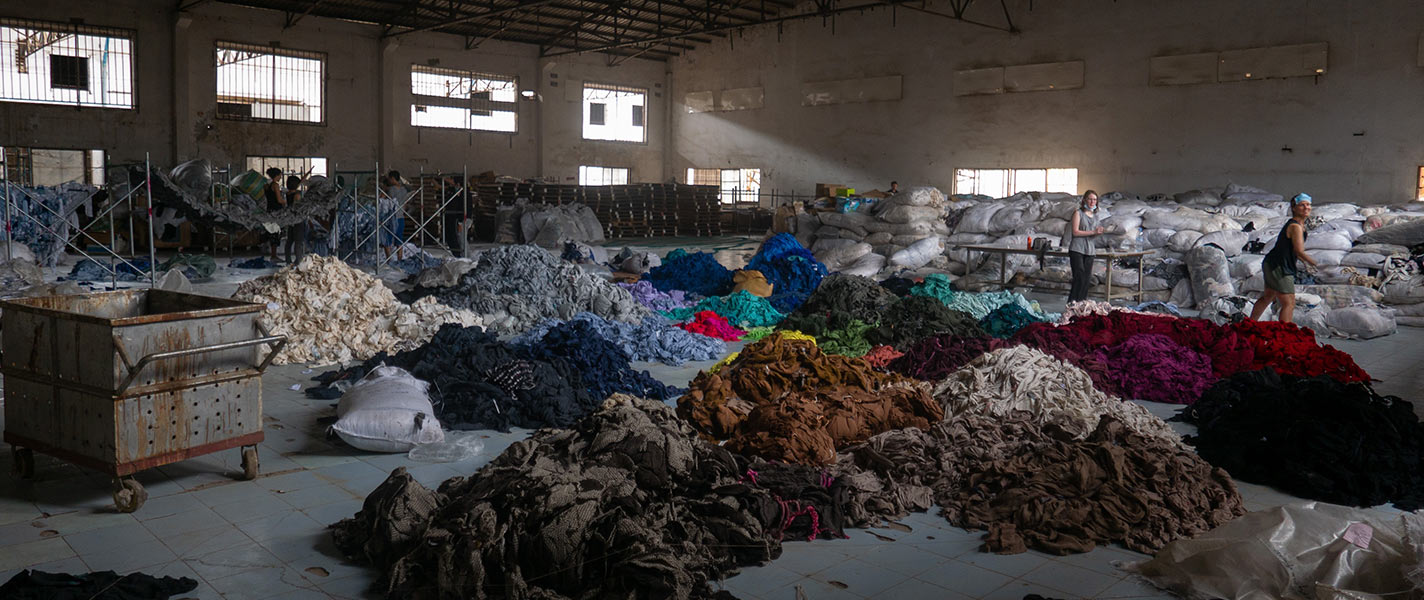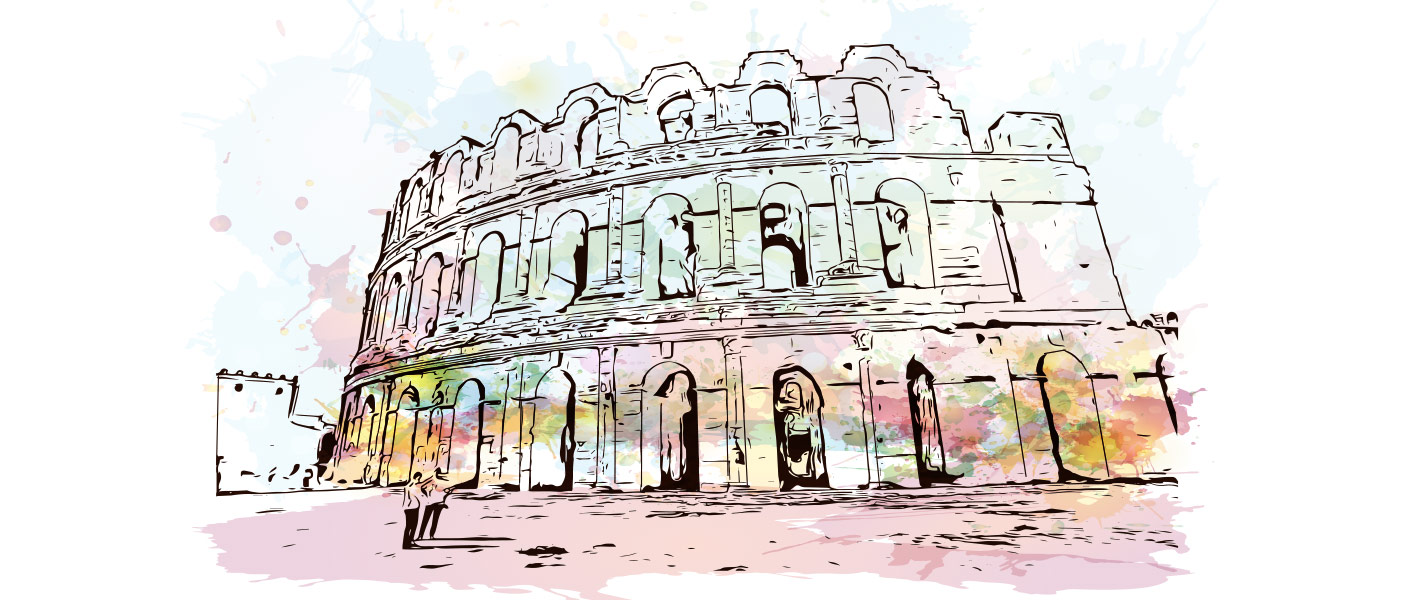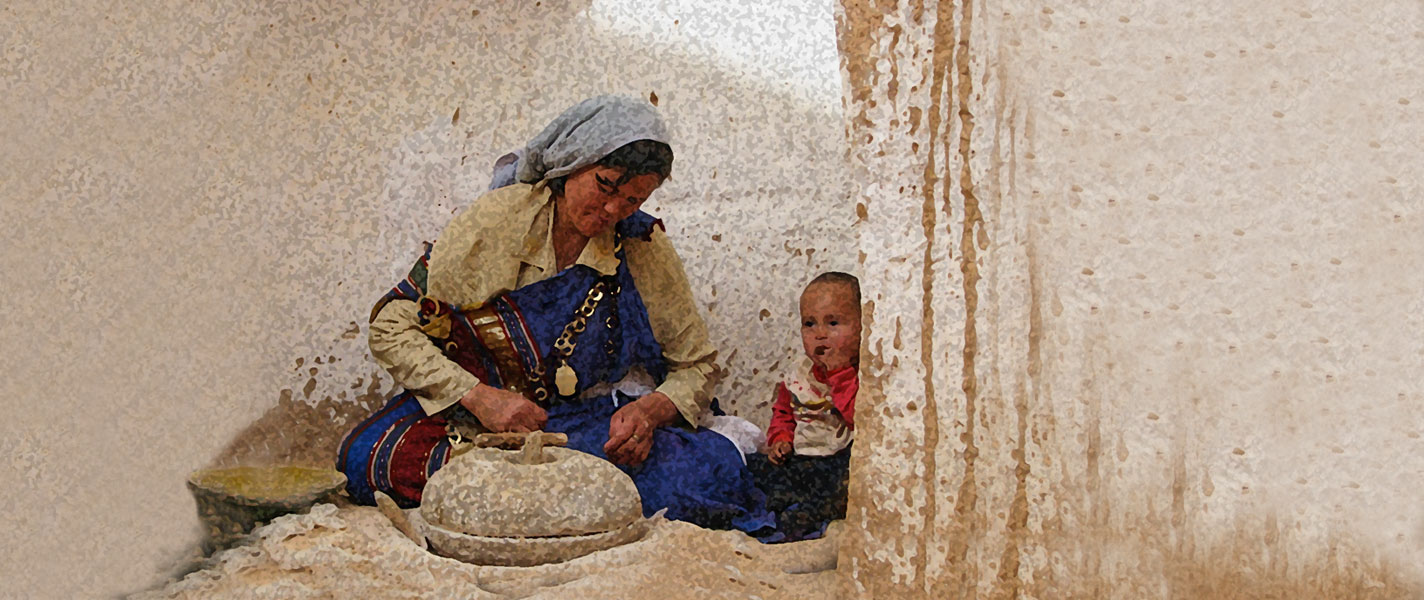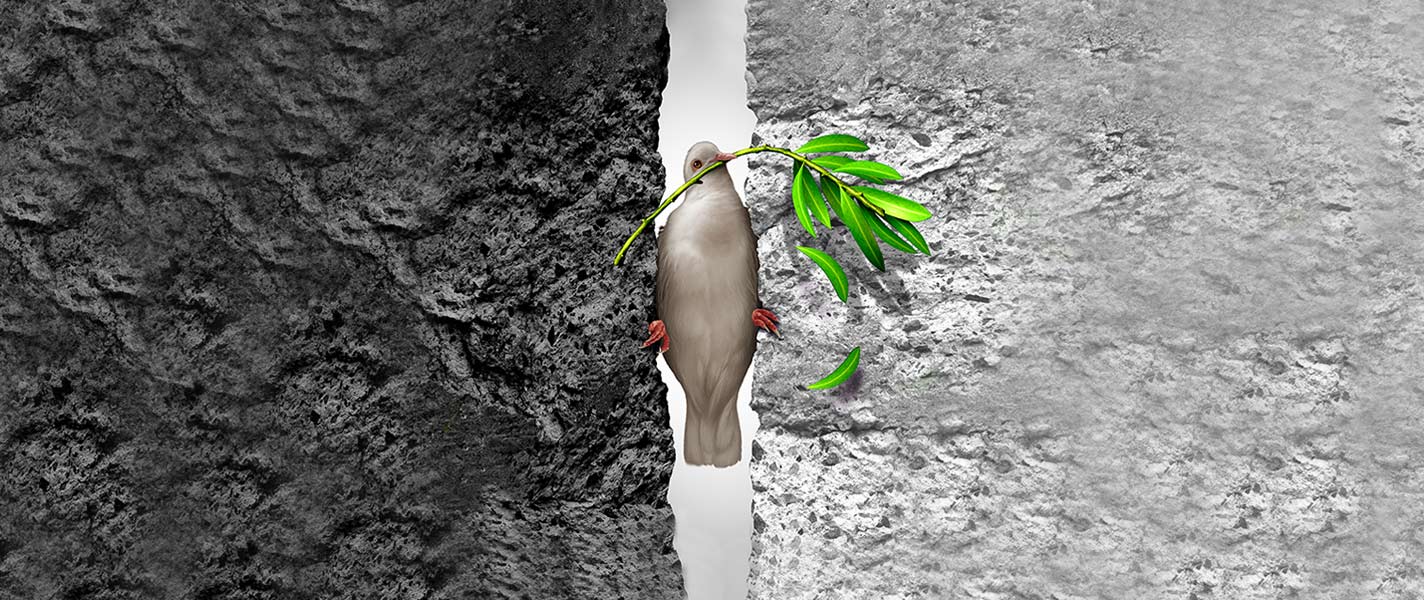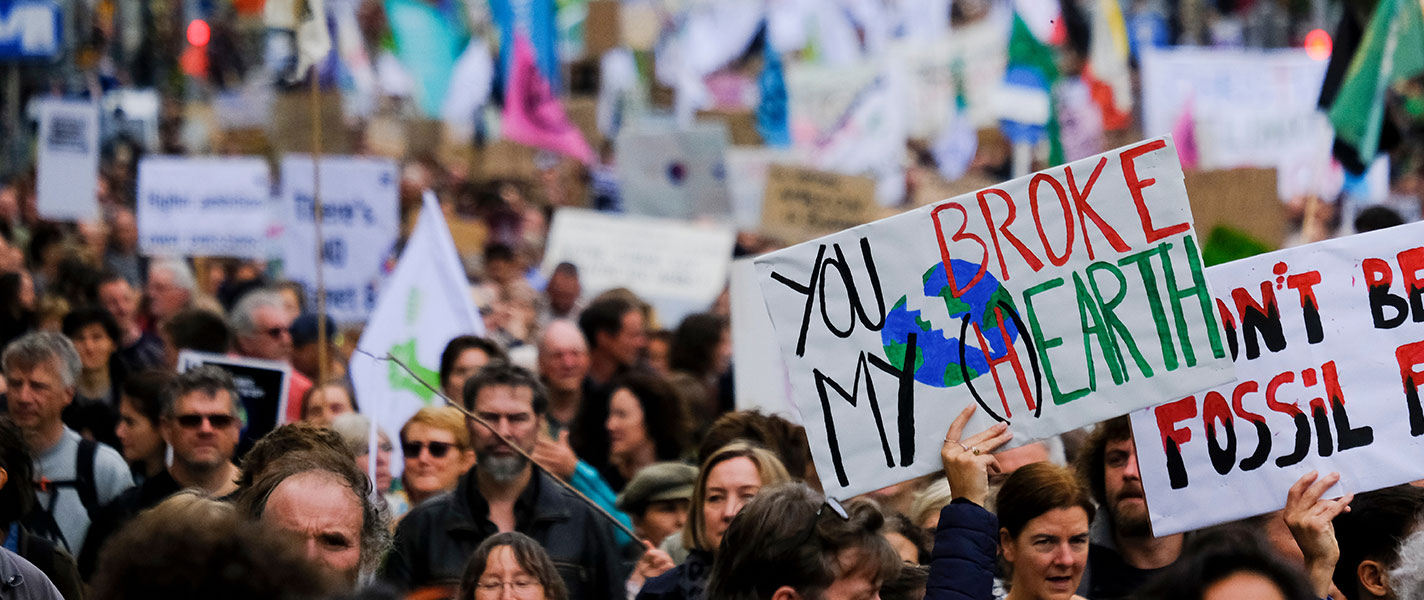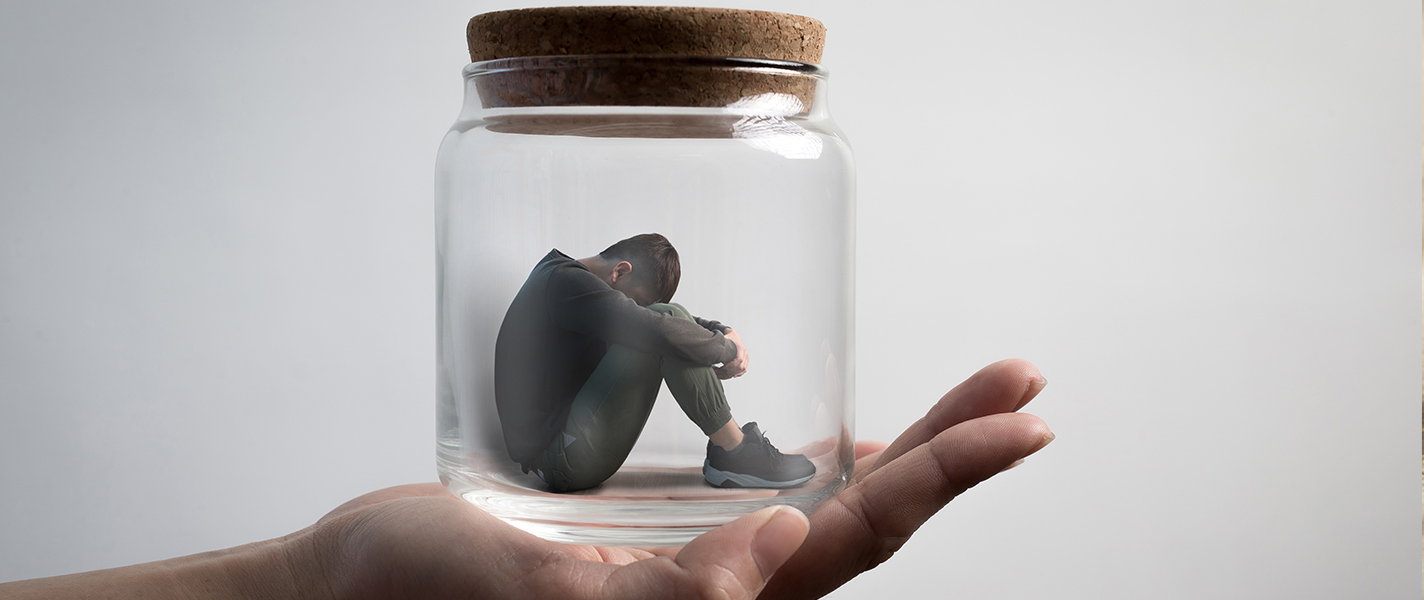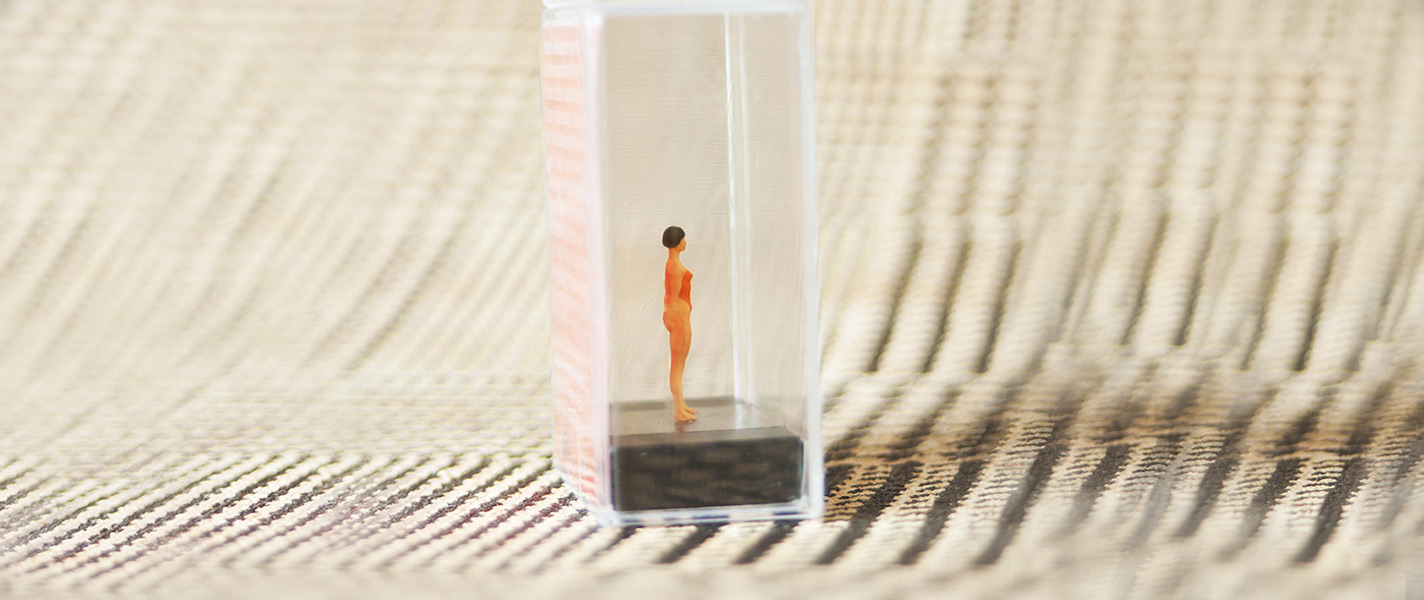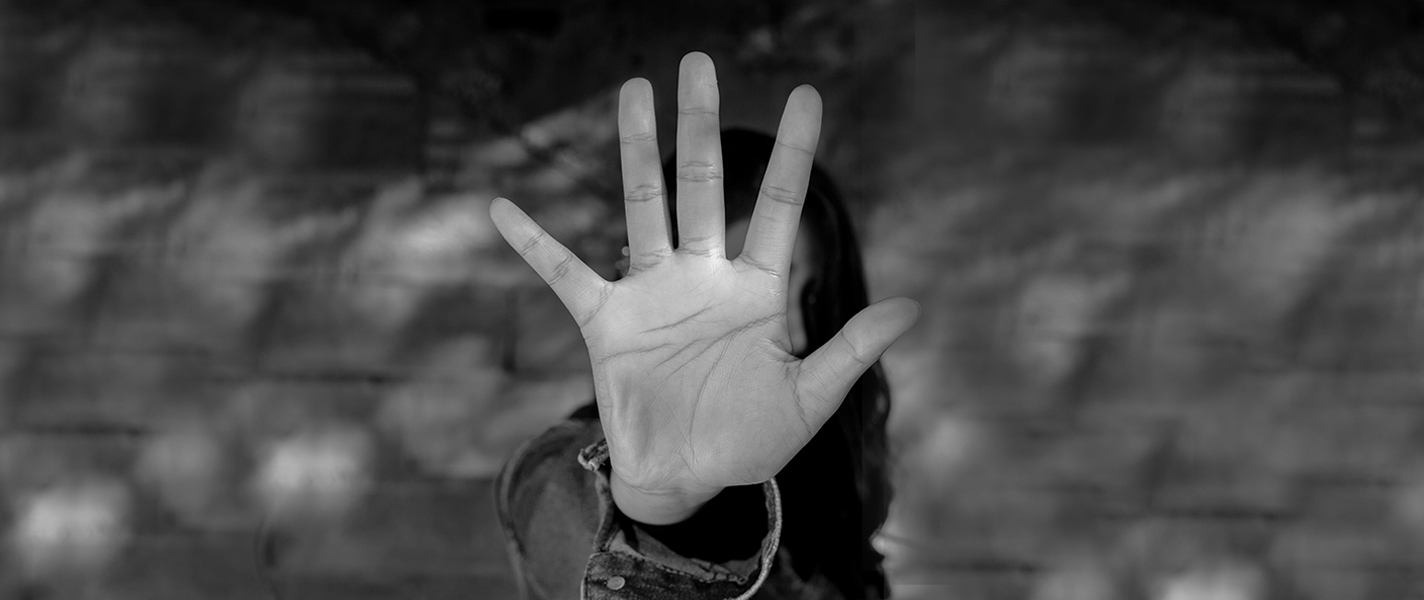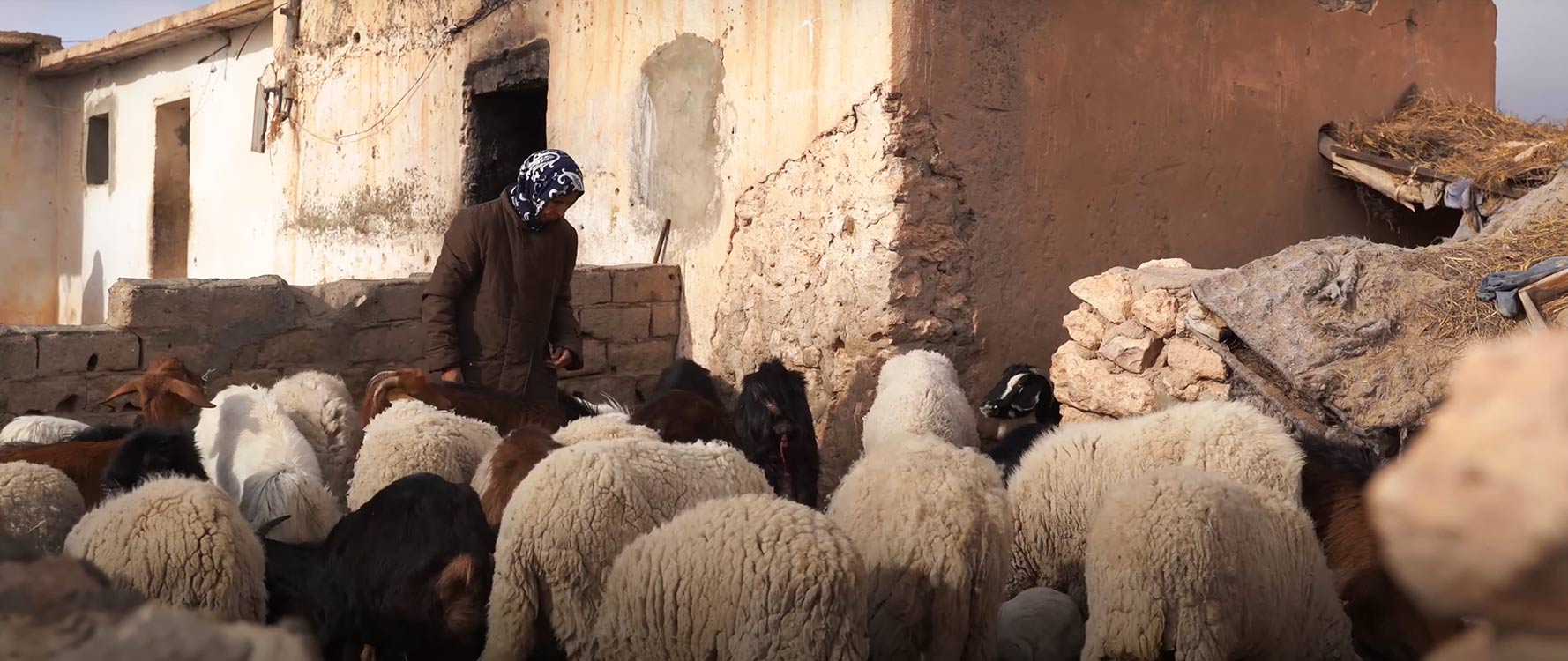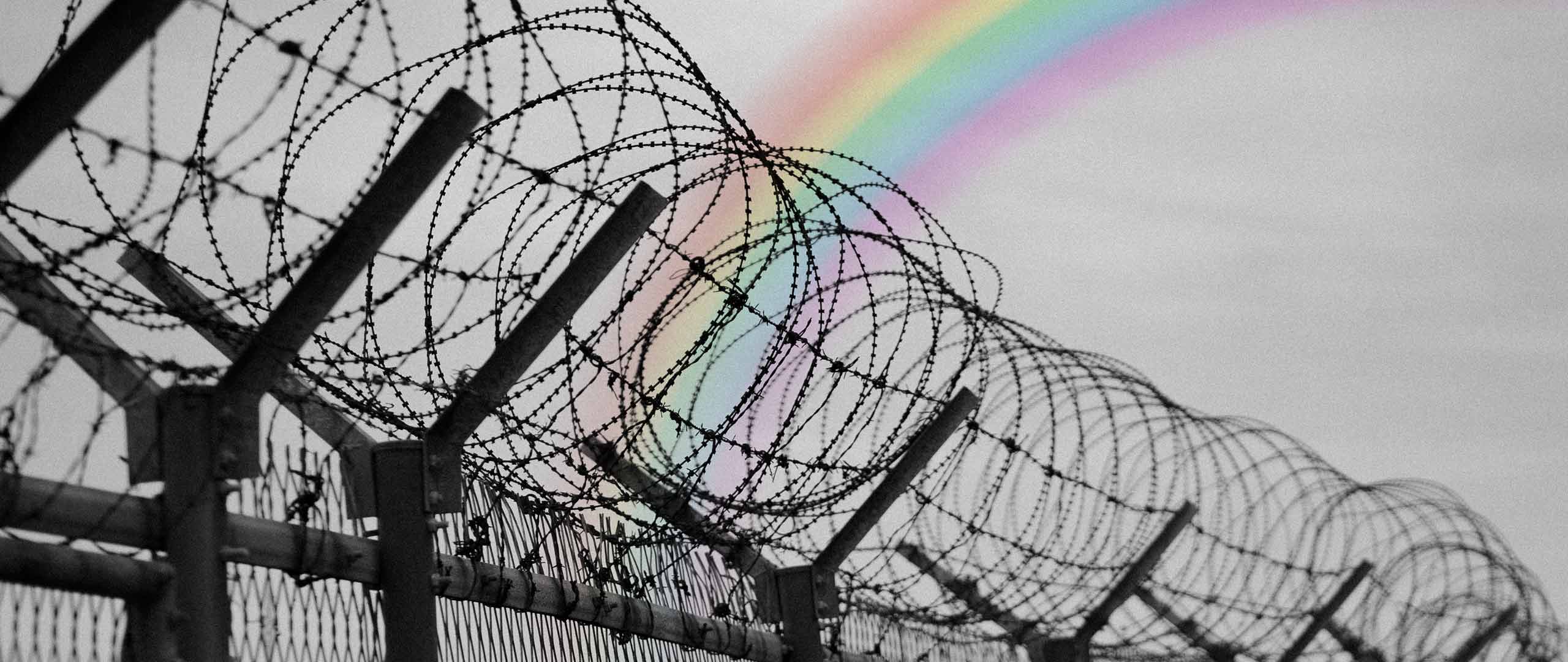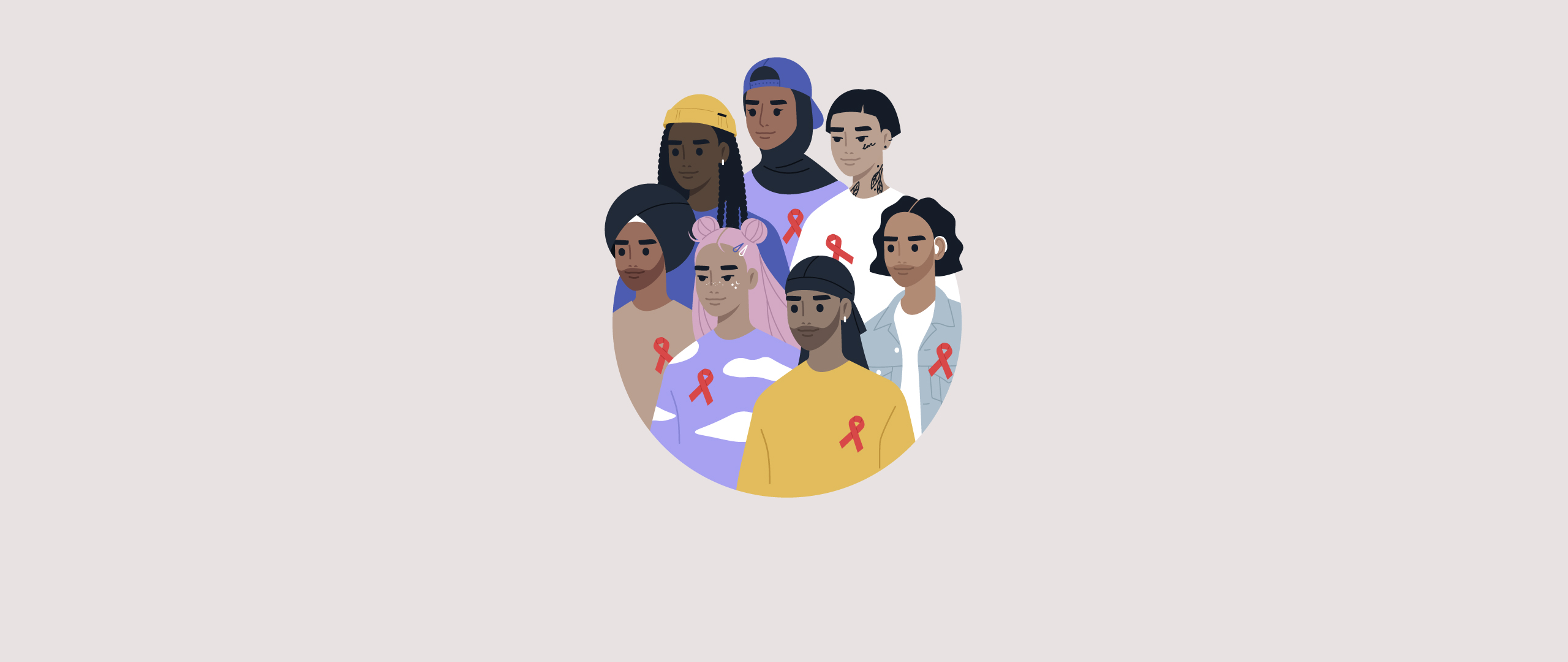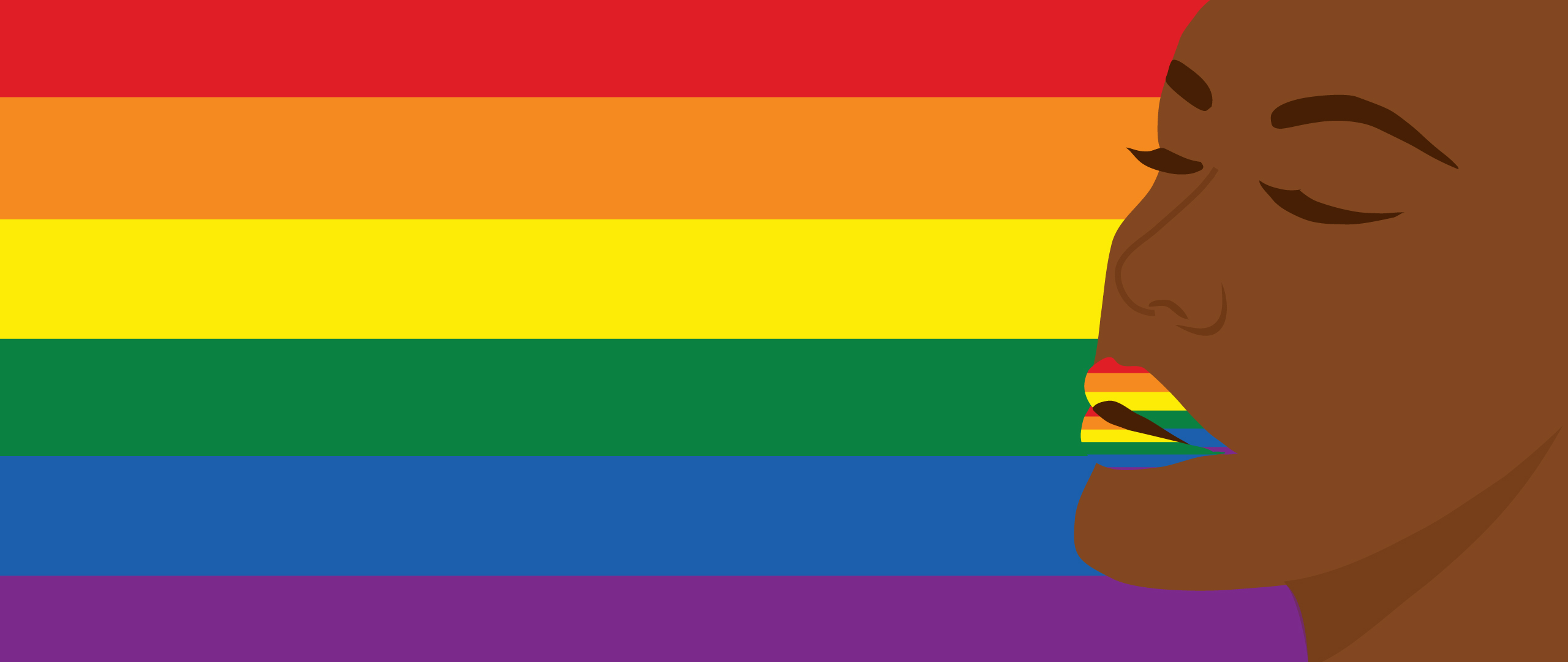Tunisian Journalism at a Crossroads
“It is troubling to see Tunisia, a country that once held so much hope, regressing and losing the human rights gains of the last decade” - Volker Türk, UN High Commissioner for Human Rights.
Following the Jasmine Revolution in 2011, the state of media and journalism in Tunisia underwent a drastic transition: from a uniform content aimed at maintaining the tyrannical status quo, towards a more liberal legal framework for human rights, including freedom of expression and freedom of the press. Still, despite these massive gains, political instability is hindering the effective and full realisation of Tunisian journalists’ rights. This is especially evident following the power grab by president Kais Saeid on July 25, 2021. Today, Tunisian journalists continue to work under very dubious legal frameworks, and in an extremely unstable political climate.
Volatile political climate:
As of 2023, Tunisia ranked 121 out of 180 countries in Reporters Without Borders’ (RSF) World Press Freedom Index. Having been ranked 94 out 180 countries on the index in 2022, Tunisia has fallen 27 places, with the country’s press freedom situation being considered in a “difficult situation” by RSF. In fact, the volatile political situation in the North African nation has been slowly chipping away at the progress made for press freedom.
In 2011, the post-revolution interim government adopted Decree 115 on the Press, Printing and Publishing, and Decree 116 on the Freedom of Audiovisual Communication. These decrees were put in place to recognize the formation of a private media sector, and to ensure basic media rights. Article 31 of the 2014 constitution also guaranteed ‘Freedom of opinion, thought, expression, information and publication’ and that ‘these freedoms shall not be subject to prior censorship.’ However, with the passing of presidential decree N° 54 on cybercrimes on 13 September 2022, these milestones have taken a setback. While packaged as an anti-fake news initiative, this decree threatens the right to freedom of expression, including media freedom, stipulating in section 24 that anyone that “promote, publish, transmit or prepare false news, statements, rumours or documents [...] shall be punished by imprisonment for five years and a fine of 50,000 dinars (15,000 dollars).” The decree goes as far as stating that foreign journalists writing in foreign publications found in violation of section 24, could also face the same charges.
Unsurprisingly, the decree has been widely criticised as it gives unfettered powers to the state to prosecute political opponents and journalists. Several rights groups have expressed their deep concern over this decree, with the UN High Commissioner for Human Rights Volker Türk, denouncing the current crackdown against journalists stating that “It is troubling to see Tunisia, a country that once held so much hope, regressing and losing the human rights gains of the last decade.”
Within Tunisia, the journalists’ union, Syndicat National des Journalistes Tunisiens (SNJT) has called on Saied to put an end to the decree and the “ferocious attacks against journalists and the media.” Nevertheless, the crackdown against journalists is already in effect: over the last three months, at least 5 journalists were arrested and/or convicted, including prominent radio journalist Zied el-Heni who was arrested in June 2023 under the charge of “insulting the president.”
The situation is further worsened by the lack of reforms of previous laws. For example, the penal code concerning freedom of expression that was enacted during the reign of Ben Ali, is still in force and can be used to punish journalists. Article 128 of the penal code in particular, states that insulting public officials, institutions, administrative or judicial authorities, is a crime punishable by up to two years in prison.
To conclude, the scare tactics being used by the Tunisian state against journalists are in flagrant disregard of its international commitments under international human rights law. While journalists are pushing back against these draconian measures, self-censorship can once again become the norm for Tunisian journalists trying to evade prosecution.
The article represents the views of its writer and not that of LEED Initiative.



